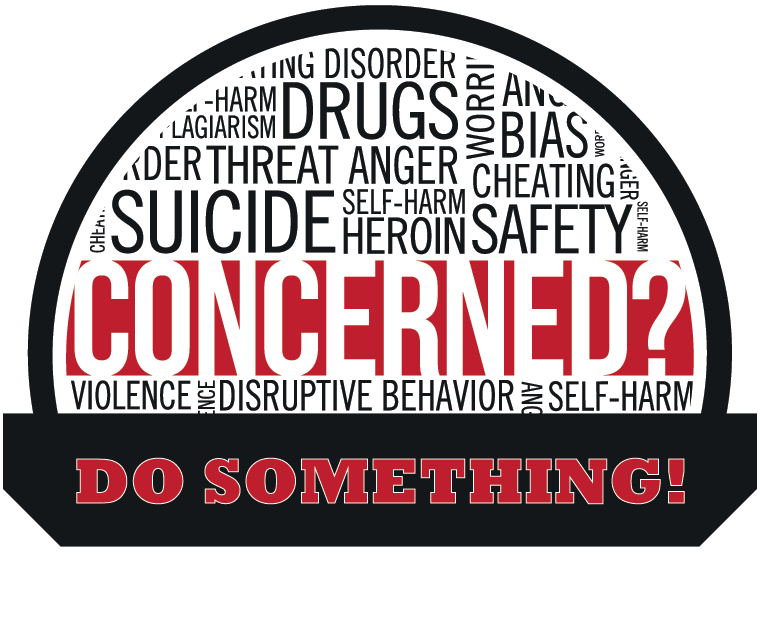Classification of a given violation is heavily dependent on the exact facts and circumstances of the violation as determined by the Academic Integrity Facilitator and the Office of Student Conduct.
Level 1 Violations
Level 1 violations are less serious violations of academic integrity. They may occur because of inexperience or lack of understanding of the principles of academic integrity and are often characterized by a relatively low degree of premeditation or planning on the part of the student committing the violation. These violations are generally quite limited in extent, occur on a minor assignment or quiz, or constitute a small portion of a major assignment and/or represent a small percentage of the total course work. Below are a few examples of violations that are most often considered Level 1, at least when committed by an undergraduate student as a first-time offense.
- Plagiarism on a minor assignment or a very limited portion of a major assignment
- Unpremeditated cheating on a quiz or minor examination
- Prohibited collaboration with another student on a homework assignment
- Unauthorized sharing of course materials
- Citing a source that does not exist or that one has not read on a minor assignment
- Signing in for another student via attendance sheet or clicker in a course where attendance is graded
Level 2 Violations
Level 2 violations are serious violations of academic integrity that affect a more significant portion of the course work compared to Level 1 violations. An alleged second violation of the Academic Integrity Policy may also be characterized as a Level 2 violation. Level 2 violations are often characterized by substantial premeditation or planning and clearly dishonest or malicious intent on the part of the student committing the violation. Below are some examples of violations that are most often considered Level 2.
- A second violation
- Substantial plagiarism on a major assignment
- Copying or using unauthorized materials, devices, or collaboration on a major exam
- Making up or falsifying evidence or data or other source materials for a major assignment, including falsification by selectively omitting or altering data that do not support one’s claims or conclusions
- Distribution of course materials for financial gain
- Facilitating dishonesty by another student on a major exam or assignment
- Intentionally obstructing another student’s work
- Participating in an organized cheating scheme
Level 3 Violations
Level 3 violations are serious breaches of conduct that may involve a serious violation of a professional code of conduct or include extreme cases of dishonesty and maliciousness. Level 3 violations may include a violation of law, or may be likely to cause direct harm to others. Below are some examples of violations that are most often considered Level 3.
- Any violation involving potentially criminal activity
- Coordinating an organized cheating scheme
- Having a substitute take an examination
- Cheating and/or plagiarism on a capstone project, thesis, or dissertation
- Intentionally destroying another student’s work
- Falsifying patient or client records
When a student is accused of one or more Level 3 violations that include alleged violations of law or a professional code of conduct, or when it is reasonable to believe that the student is likely to cause direct harm to others, they may be removed from a course, clinical, or internship setting on an interim basis, with the approval of the dean of the school. The student shall be immediately informed in writing of any interim removal and has the right to appeal to the campus Chief Academic Integrity Officer (who is responsible for administering the Academic Integrity Policy on each campus).

